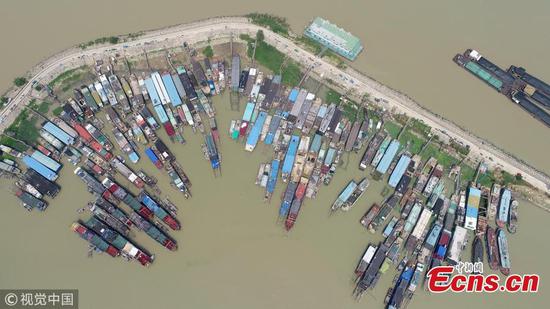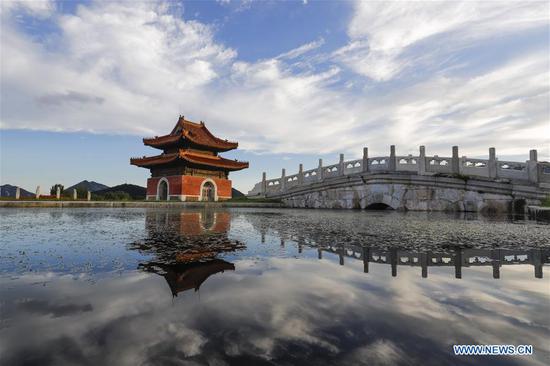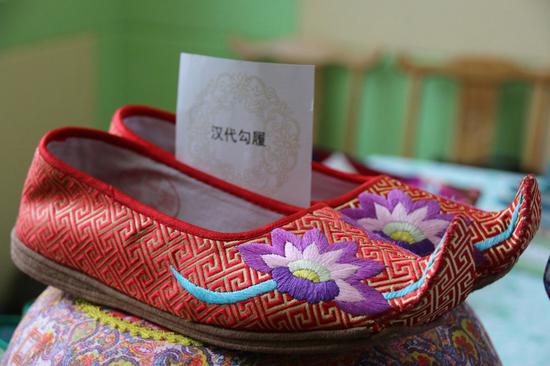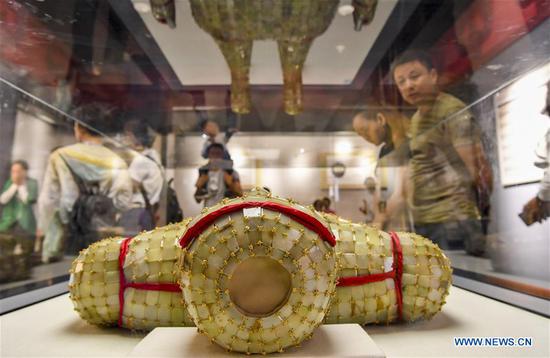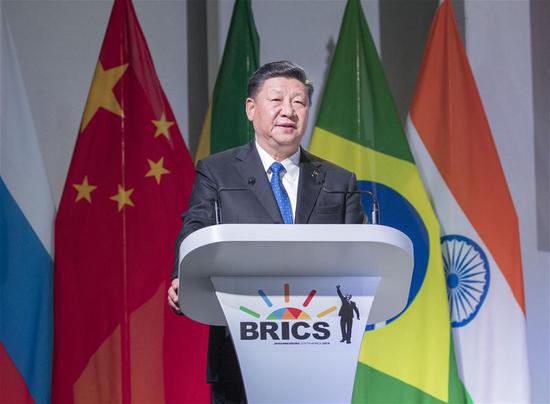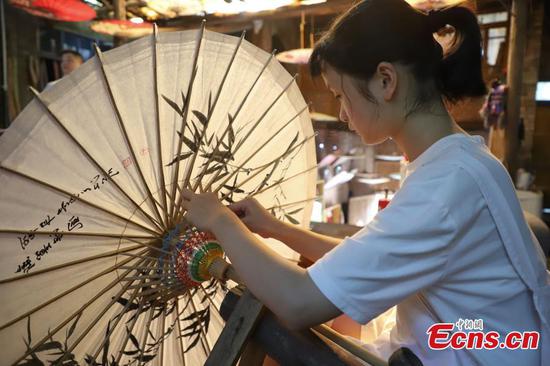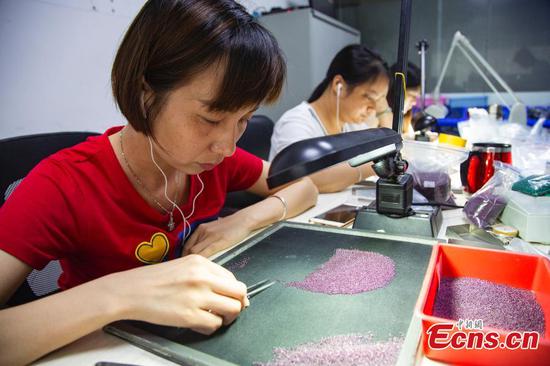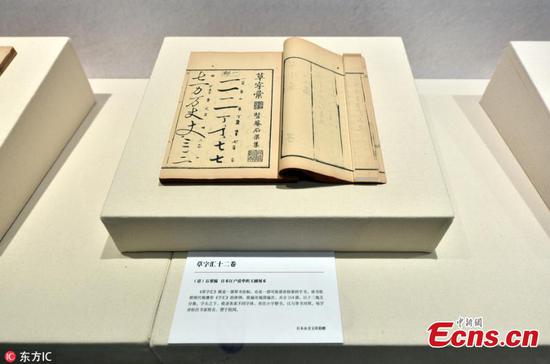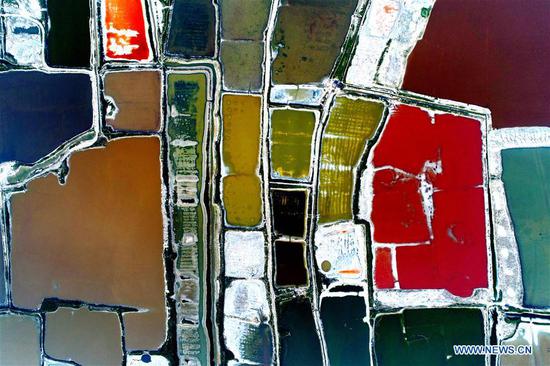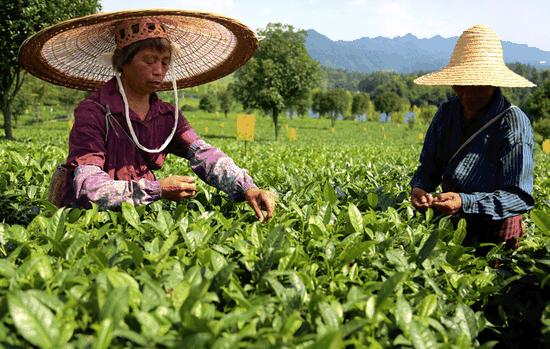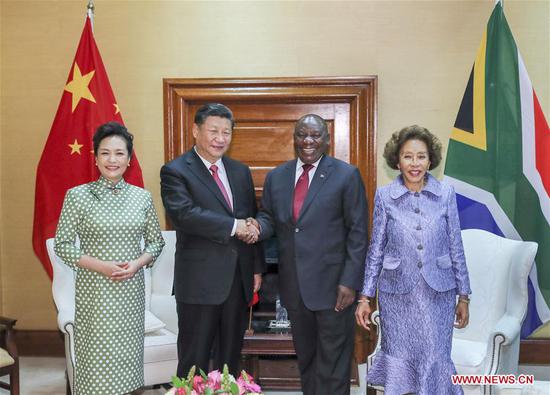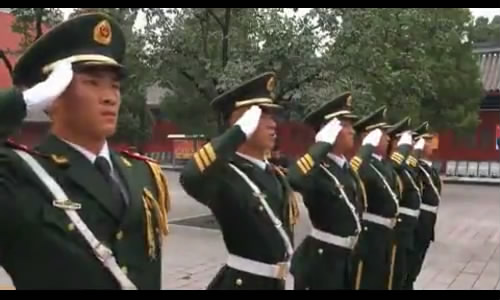Trade relations between Canada and China may receive a boost with two newly appointed ministers of trade and business.
In a Cabinet shuffle made by Prime Minister Justin Trudeau last week, the Liberal government made trade diversification a top focus amid rising tensions with the United States.
Among the changes and new faces, former natural resources minister Jim Carr was appointed to the new role of minister of international trade.
Mary Ng, Member of Parliament for Markham-Thornhill, was sworn in as minister of small business and export promotion.
According to Canadian media, Carr is expected to continue efforts toward a free trade agreement with China, a top priority given the escalating trade dispute between Canada and the U.S., its other major trading partner.
It's been said that although Trudeau tried to boost trade with major emerging markets like China since he took office in 2015, the government has had "little success".
Trudeau visited Beijing last December but the two sides failed to launch talks on a free trade agreement.
Trudeau, who put Carr in charge of international trade, said his Liberal Government is working to make it easier for businesses to sell to China.
Jim Carr is not new to China. He travelled to China as minister of natural resources in June of last year to develop the existing trade and investment relationship and promote Canada's resources, including forest items and clean-energy technologies.
Carr has also explored avenues in China to expand foreign investment in Canada's large scale commercial oil and gas industry.
"There is goodwill towards Canada, and willingness to hear our story," Carr told the media, saying that there was a lot of affection for Canadian values and political leadership from the Chinese side.
Ng, who is now the first Canadian of Chinese descent to serve in Trudeau's cabinet, said she wants to help companies take advantage of new trade deals with Pacific nations and EU.
"It was time to help Canadian small businesses access those markets," she said.
According to Ng, Canada has preferential market access to 14 trade agreements and 51 countries now.
"This is a real opportunity for us," Ng told Reuters. "The U.S. continues to be an important export market to us, but I also think there is a great opportunity to enable our small business to access these other markets as well."
China is the second-largest market for Canadian exports. Among the top exports are wood pulp, oilseeds, sawmills and wood preservation products, automobile and light-duty motor vehicle items, and minerals like copper, nickel, lead and zinc.
Analysts said U.S. President Donald Trump's tariffs on $500 billion worth of Chinese products could double the damage to Canada overall, including its imports and exports.
According to Brian Kingston, vice-president for international issues at the Business Council of Canada, the Canadian government should launch trade talks with China and boost ties with other Asian countries.













